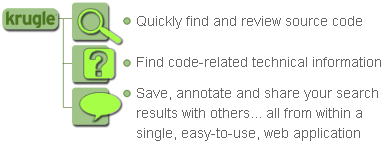i've been looking for the most efficient way to upgrade
ssh server remotely. this task is quite risky since if the upgrade not going as expected you'll lost your access to the box, unless you have console server connected to it, otherwise you'll need to ask somebody on site to log in locally & start the
ssh daemon.
so far i've found several ways to do it:
1. install normal wayi found this useful article on how to upgrade ssh server remotely
here quite straight forward. just that you need to kill the
ssh daemon manually & be careful not to kill your current session.
2. using at commandyou can set specific time using
at command to start the
ssh daemon after you've installed it.
or something like:
# /etc/init.d/sshd stop; make install; /etc/init.d/sshd start
but i must say that this is quite risky since you are not sure whether the daemon can start up without any problem after the new installation.
Read more...
3. use different port
some say you better use other port for the new ssh installation. if you can connect to the new ssh server using those port then you can revert it back to the normal port which is 22. low risk but extra steps.
4. enable the backdoor
enable the other remote access which is telnet. i think this is the most safest way to do it even though it is security risk to enable telnet but at least you can still access your box if the ssh kaput!
but how about you need to upgrade a ton of servers? which way you should go?
for me i'll go for no 4. write a script to do:
1) enable telnet & make sure you can access using telnet
2) install/upgrade ssh server & test the installation
with 1 condition, all your servers must have the same configuration. otherwise things gonna mess up pretty bad! good luck :)
or maybe i'll come up with the script later...






